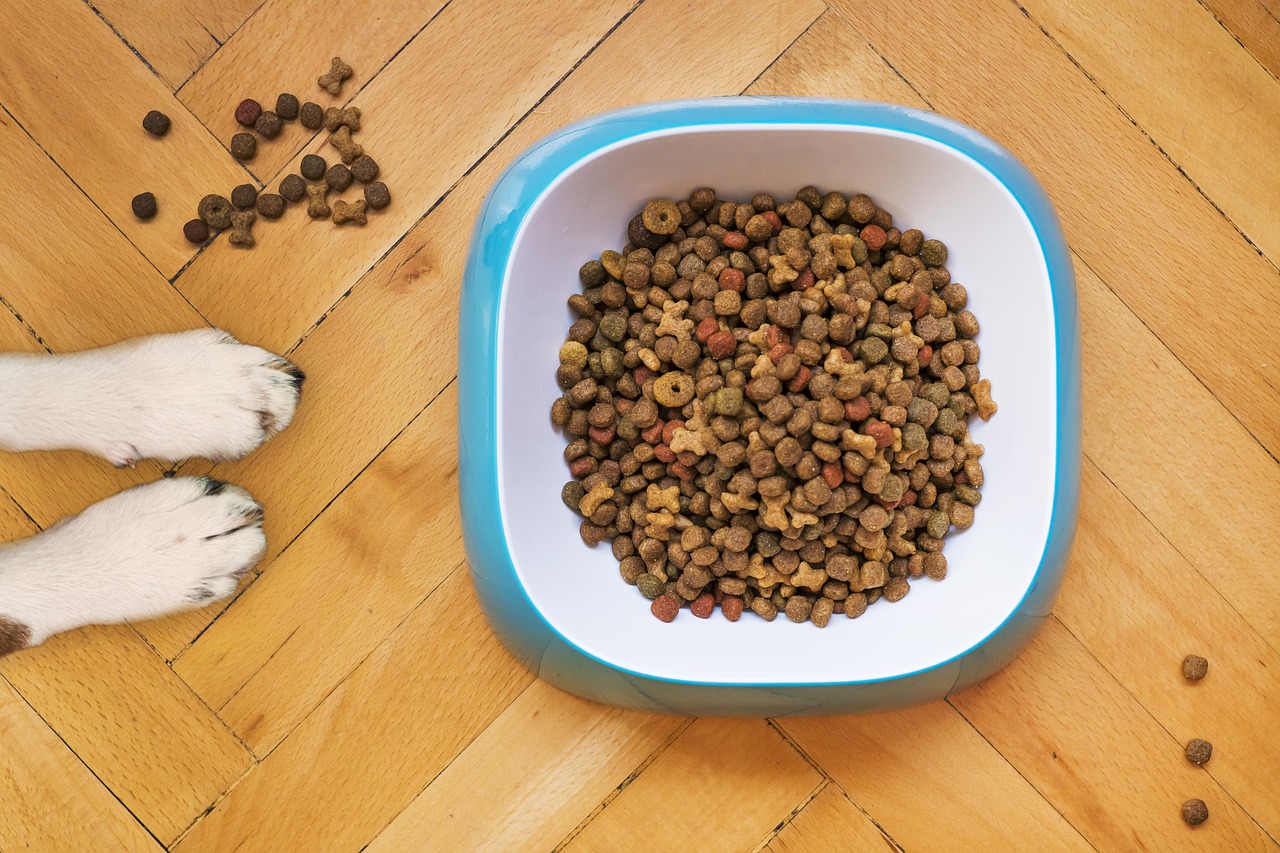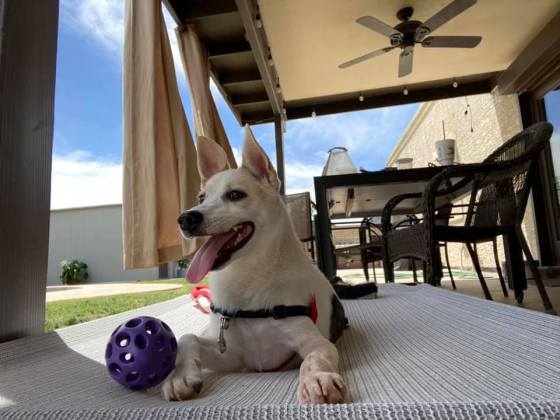Boston Terrier — The All-American Dog That Gets Along with Anyone, Anywhere

2.14 BW Nonlead
https://www.barkandwhiskers.com/2015-02-27-nl-boston-terrier/
https://www.barkandwhiskers.com/p/5e357d82-7654-4806-87be-d5bd048bbfaa/
By Dr. Becker
The Boston Terrier is an American original
The Boston Terrier breed originated in the late 1800s, when a man in Boston, Robert C. Hooper, purchased a dog named Judge, who became known as Hooper’s Judge. Judge was either a direct descendant of the original Bull and Terrier breeds of the 19th and early 20th centuries, or he was the result of English Bulldogs crossed with terriers in the 1860s. Whatever his heritage, the AKC lists Hooper’s Judge as the ancestor of almost all modern Boston Terriers.
The Boston Terrier, which is not considered a terrier by the AKC, holds the distinction of being the first non-sporting dog bred in the U.S.
Boston Terriers are also called Boston Bulls
Another name for the Boston Terrier is the Boston Bull. This little fellow is solid and well-muscled. He’s short and square-shaped, with a wide, short muzzle and black nose. His bite is either even or slightly undershot, and his big dark eyes are wide-set.
The Boston’s legs are set wide apart and his chest is broad. His tail is short and can be either straight or screw-shaped. His coat is short and comes in several color combinations, including seal, brindle and white, black and white, and brown and white. Because the Boston Terrier’s markings resemble formal wear, he is sometimes referred to as the “American Gentleman.”
Boston Terriers are good with children, the elderly, and even strangers
This breed is known for being highly intelligent, playful, gentle, and well-mannered. Like all dogs, your Boston will need plenty of mental and physical exercise to insure she’s well-balanced. Bostons are eager learners and fairly easy to train, though they can be difficult to house train.
Some Bostons are good watchdogs, barking when necessary; others, often females, reportedly rarely bark. Your Boston will be playful and affectionate, and will want to be part of the family. She’ll probably be quite sensitive to your tone of voice.
Boston Terriers are adaptable to different living situations
Your Boston can be happy in an apartment or out on the farm. She’ll be relatively inactive indoors, so it’s important she gets daily walks and play sessions. Bostons at a healthy weight are small and light, so they can be carried easily.
This breed is sensitive to temperature extremes, so make sure your Boston stays cool during the warmer months, and toasty warm in the winter.
Bostons have some health challenges
The Boston Terrier is a brachycephalic breed prone to eye problems including dry eyes, cherry eye, entropion, and corneal ulcers. His short muzzle may cause breathing difficulties, especially when he’s stressed by exertion. He may also snore or drool.
Other health problems common to Bostons include deafness, patellar luxation, and heart and skin tumors, including mast cell tumors.
Female Bostons often have trouble giving birth
This breed has a narrow pelvis and a large head. The combination often leads to the need for a caesarian delivery. The average litter is 3 or 4 puppies.
Boston Terriers are easy to groom
Your Boston’s short coat should be easy to groom, requiring a comb and brush with a firm bristle. Bathe her as necessary, but be sure to wipe the folds her face with a damp cloth each day and clean around her eyes carefully. Check around her ears and eyes for grass seeds, and during tick season, check her ears carefully.
Bostons are relatively long-lived
Boston Terriers have a life expectancy of 15 or more years. Average adult size is 15 to 17 inches at the shoulders, and 10 to 25 pounds.
If you’re considering a Boston Terrier for your family, please check your local shelter and rescue organizations first for adoptable Bostons. Also check Petfinder for available dogs.
Related Articles:









